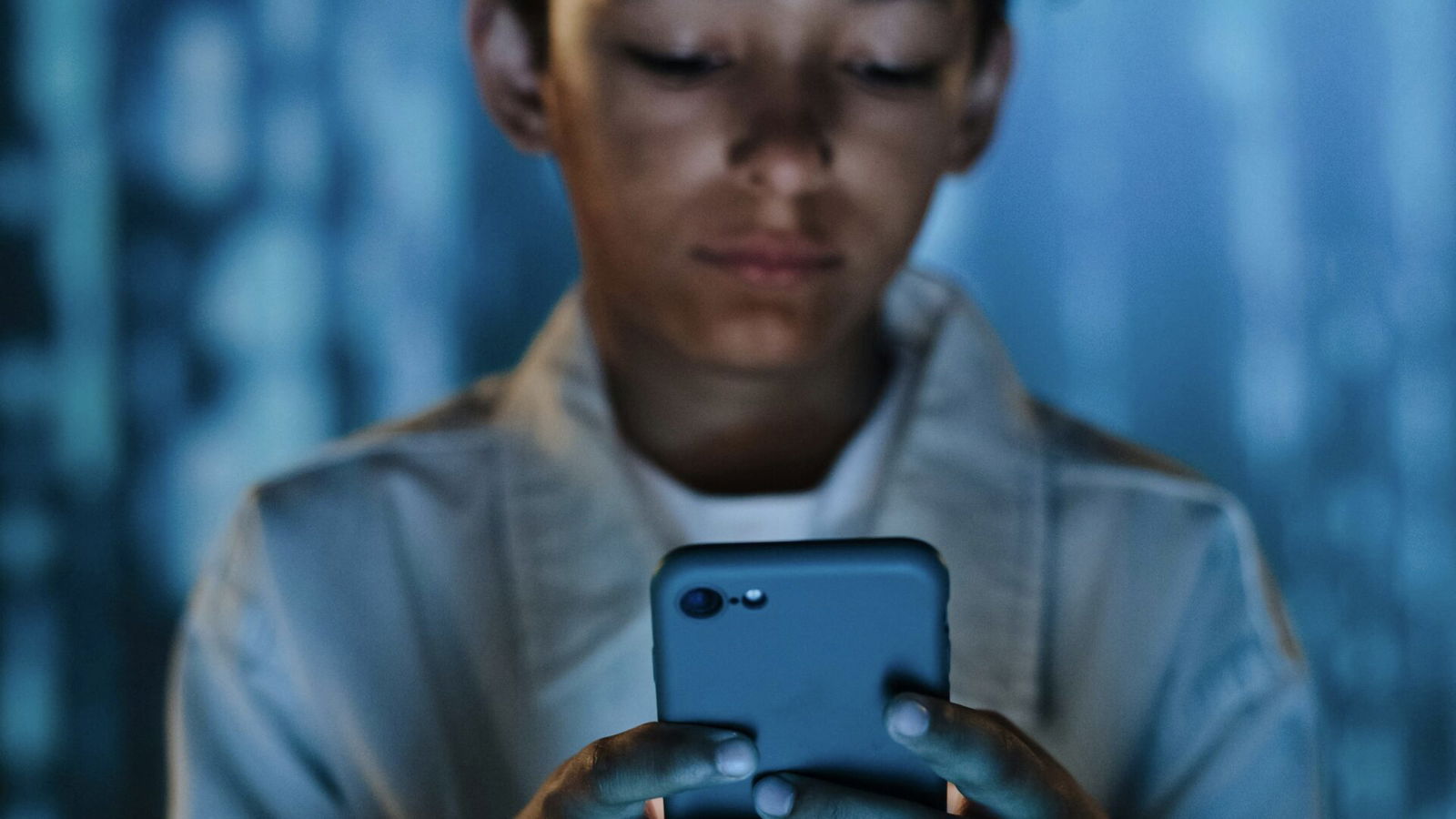
By Michaela Gordoni
Data shows that 95% of teens ages 13-17 use social media.
“It’s near ubiquitous,” said Dr. Jason Nagata, a pediatrician at UCSF Benioff Children’s Hospital in San Francisco and social media researcher.
Worse, kids aged 8-13 bypass platform age restrictions of 13 and up and use the platforms, USA Today reported.
They want to “to connect with others, share personal or negative experiences, and form new online friendships,” said Elizabeth Hoge, a psychiatrist and director of the Anxiety Disorders Research Program at Georgetown University.
Nagata says his research shows 25% of kids spend significant time thinking about social platforms even when they’re not online, and 25% of teens say they use it to forget their issues, while 17% admit they’ve tried to use social media less but can’t.
Related: Are Social Media Restrictions for Kids Under 13 Ineffective?
“Millennials went through puberty with flip phones, and flip phones aren’t particularly bad. You use them just to communicate,” Anxious Generation author Jonathan Haidt said last year. “It was when we gave kids smartphones and then right around that time, they also got…social media accounts.”
“When kids move their social lives onto social media like that, it’s not human,” he explained.” It doesn’t help them develop. And right away, mental health collapses.”
Social media exposes kids to mental health risks like depression, anxiety, sleep disorders, eating disorders, suicidality and more.
“Negative self-image among teens often comes from unhealthy comparisons to people online who might be heavily edited or filtered,” said Joanne Broder, a New Jersey-based psychologist and fellow of the American Psychological Association. She added that problems also come “from spending more time socializing on social media than with people in real life.”
“Many teens experience less sleep, sleep disruptions and poorer sleep quality,” said Hoge.
Teens are more likely than adults to be exposed to self-harm and extremist images, and TikTok and other platforms have been sued of self-harm challenges that have taken lives.
Recent research shows that social media use during puberty years results in lower life satisfaction a year later, CNN reported.
Parents need to stay strong and not give in to peer pressure or fear that their teen will miss out if they don’t have a phone. They should also model good screen use habits.
Hoge recommended families create a social media plan to help teens manage usage habits. Open dialogue will help teens feel supported.
“Schools are encouraged to adopt prevention programs such as avoiding cell phones in school,” she said.
“Time spent on social media can also displace time for other healthful activities, and certain exposures can worsen mental health, so balance and caution are key,” added Nagata.
It’s important to give your kids the tools they need to make smart choices. Talk with them about abstaining from social media or how to use social media wisely.
Read Next: Erin and Ben Napier to Help Parents Raise Children Without Social Media
Questions or comments? Please write to us here.


 - Content:
- Content: 

